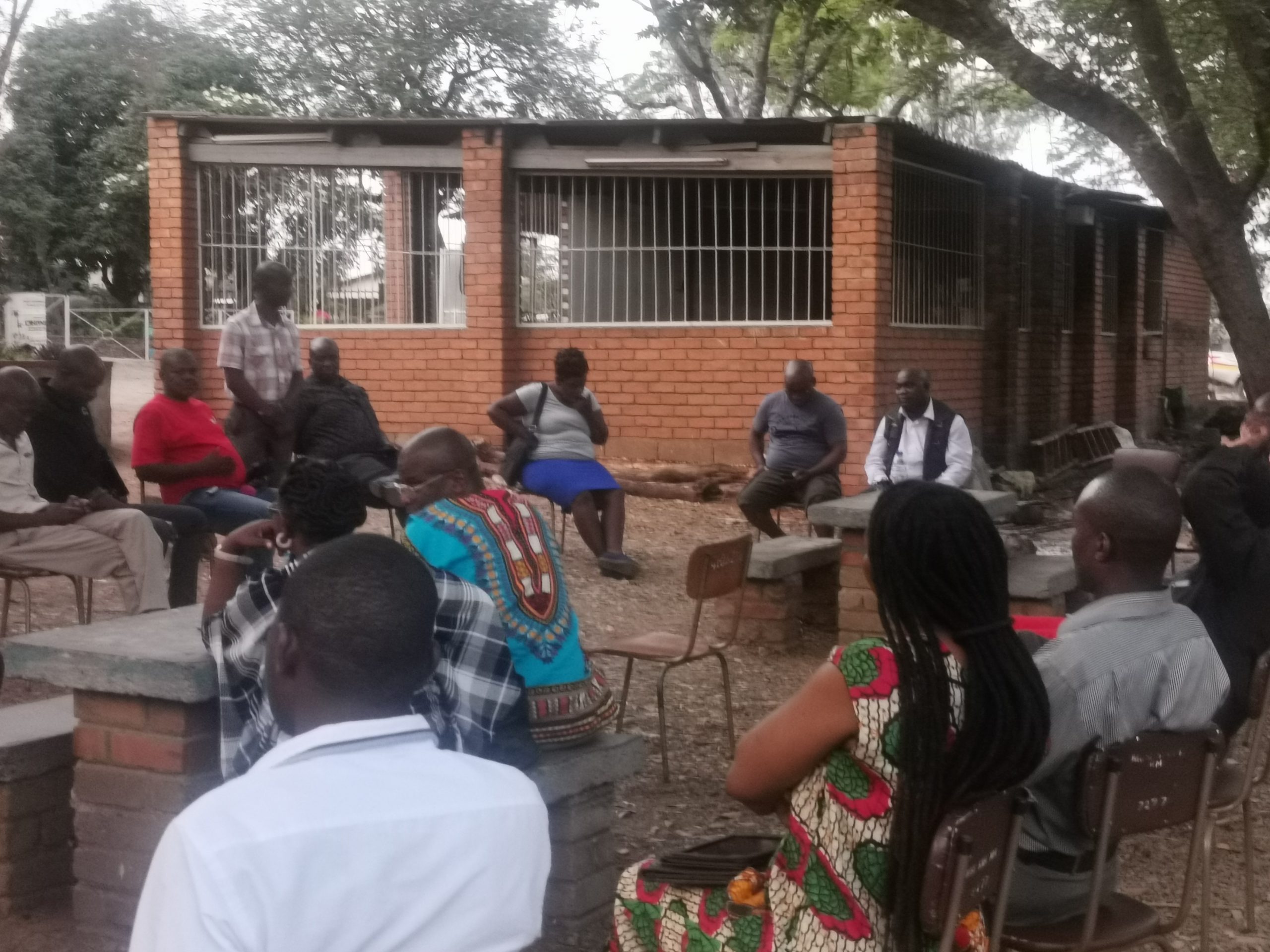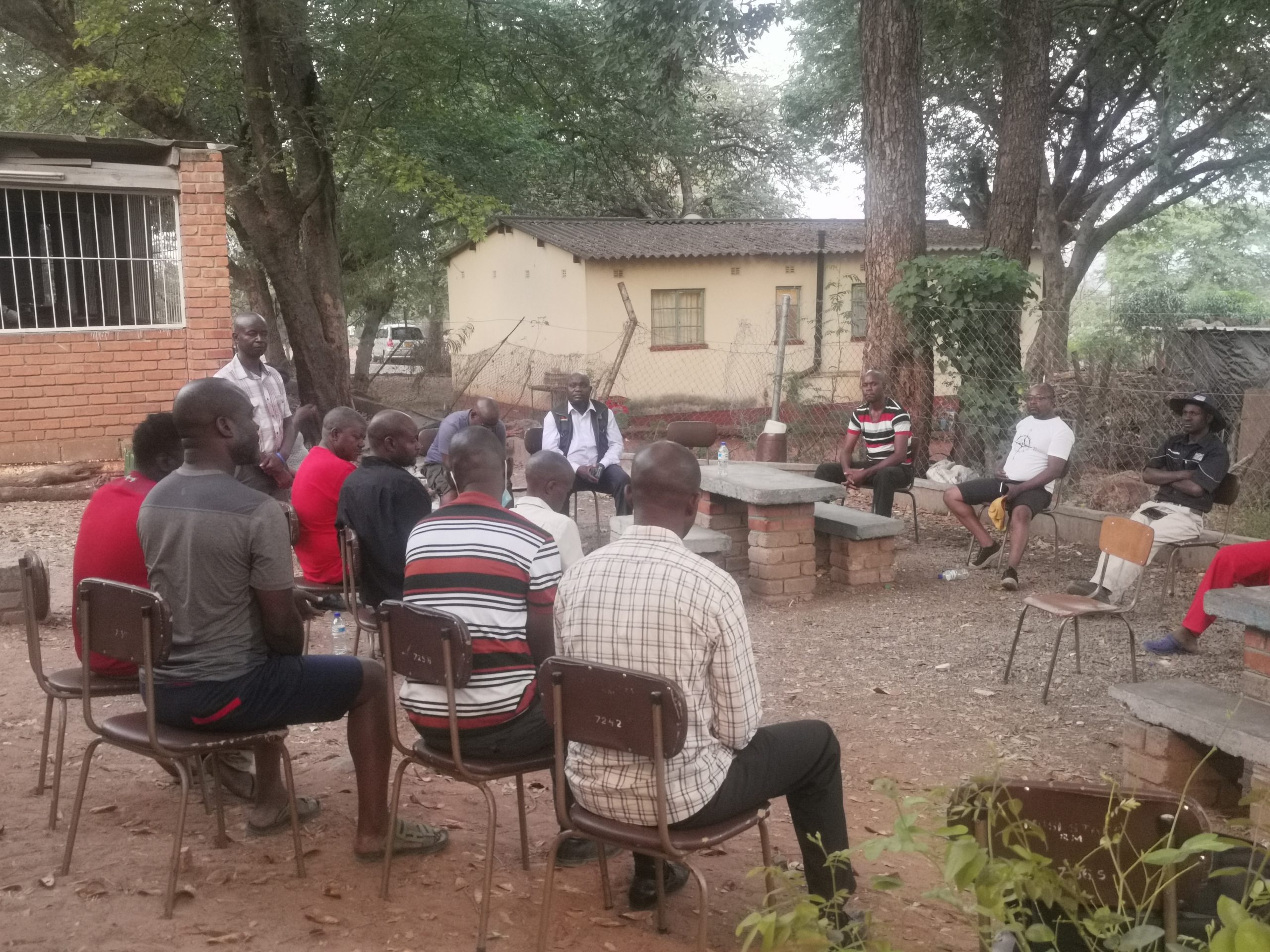BY NOKUTHABA DLAMINI
A spirited lobby by politicians and activists for an increase in the number of Victoria Falls wards from 11 to 14 ahead of the 2023 elections has been turned down by the Zimbabwe Electoral Commission, it has emerged.
The development was revealed at a Hwange West constituency stakeholder delimitation consultative meeting held in Victoria Falls on Friday.
ZEC has begun delimitation consultations, which will culminate in the redrawing of ward and constituency boundaries based on the latest voter population.
Hwange West MP Godfrey Dube’s personal assistant Robson Salimu told the meeting that Victoria Falls only had 22 000 registered vote and the majority of them were from Mkhosana high density suburb, which makes up ward 11.
Salimu said ZEC told a recent delimitation stakeholder meeting in Hwange that Mkhosana will be split into four wards, but the city will still remain with 11 wards.
He said the same message had been sent to Victoria Falls town clerk Ronnie Dube.

“What has come out of the delimitation process is that Mkhosana will have four wards (and that means) other wards will have to be scrapped so that we maintain the 11 wards,” Dube said.
“There is a scientific formula that is used to demarcate a ward and the minimum threshold is 1600 registered voters per ward.
“As we speak ward one has about 600 registered voters and this applies to ward two and with the central government’s standards, they can’t form a ward even if they were combined.
“So naturally, such wards will be combined to make one ward
“All these wards like ward seven, eight, and four will be affected.
“There will be a new map because those wards are very small, and they don’t meet the minimum requirements to constitute a ward.”
The announcement was met with indignation from the stakeholders, who included politicians, pastors, education sector representatives and activists.
They argued that ZEC’s decision to dissolve some wards was not justified and was done without consultations.
“Most of the people seated here did not take part in the consultations or give input,” said former ward six councillor Ephia Mambume.
“So yes the horses may have bolted, but is there no way we can get audience (with ZEC) where we can raise our concerns and this is where the MP should come in and help us to try and solve this thing.”
Victoria Falls Combined Residents Association representative Trymore Ndolo urged ZEC to ensure that voters in the city were made aware of the reconfigured wards.
“What is very important now is for people to be told about their new voting centres when the mapping has been done,”Ndolo said.
“We also have some aspiring councillors, who also need to know about this information.”
Dube was of the view that information about the reconfiguration of the wards should have been given to the people before voters’ registration blitz as council had proposed to increase the number of wards to 14, but the lobby failed because of the low number of registered voters.
“Such meetings should, perhaps, be done during the process of registering to vote because Victoria Falls has 22 000 registered voters and that divided gives us 11.
“So our proposal to have at least 14 wards next year will not work without any scientific justification backing our proposal.”
Zanu PF’s Hwange district chairperson Matthew Muleya argued that it was too late to convince ZEC to reverse its decision.
“If you see us from the revolutionary party being quite it means that this was passed long ago and we don’t have the resources to send a delegation to Hwange,” Muleya said.
“(In any case) they will present what has been said by the people and nothing will come out it.
“We tried it as the ruling party, although we could not disclose it because we are sometimes much better than the opposition.
“So this issue of numbers cannot be changed even in rural areas where we have a grip.
“The number of registered voters determines (the number of wards) and even my ward (19) is affected because there are not enough registered voters.”
The meeting agreed that the MPs office will make submissions to ZEC calling for more consultations.
The delimitation exercise is done every 10 years and is informed by the population census and the number of registered voters.

 Slider3 years ago
Slider3 years ago
 National4 years ago
National4 years ago
 Tourism and Environment4 years ago
Tourism and Environment4 years ago
 Special reports4 years ago
Special reports4 years ago
 Opinion4 years ago
Opinion4 years ago
 National4 years ago
National4 years ago
 National3 years ago
National3 years ago
 National3 years ago
National3 years ago




